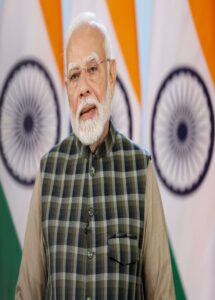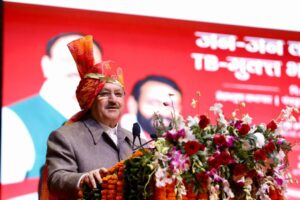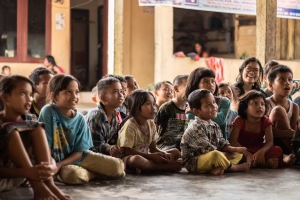Jharkhand Establishment Day
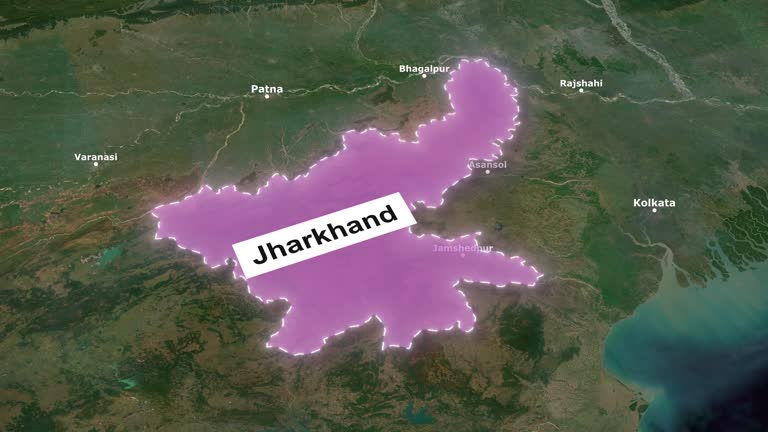
Jharkhand state zoomed on the map of India in the conformal Stereographic projection.
Jharkhand Establishment Day is celebrated every year on November 15th to mark the creation of the state of Jharkhand, which was carved out from the southern part of Bihar. The state was officially formed on November 15, 2000, with the passage of the Bihar Reorganization Act. The day is an important occasion for the people of Jharkhand as it commemorates their long struggle for a separate identity, recognizing their distinct cultural, historical, and social significance.
Significance of the Day
The date of November 15 is especially symbolic because it also marks the birth anniversary of Birsa Munda, one of the greatest tribal freedom fighters and a revered leader in Jharkhand’s history. Birsa Munda was instrumental in leading the tribal communities against British colonial rule during the late 19th century and is often called “Bhagwan” (God) by the people of Jharkhand. His vision and efforts to protect the rights of indigenous communities against exploitation and land alienation left a lasting impact on the region, making the date a fitting one for Jharkhand’s establishment.
Historical Context
Before its formation as a separate state, the region now known as Jharkhand was part of Bihar. However, due to historical, social, and cultural differences, the demand for a separate state arose, led primarily by the indigenous tribal communities (Adivasis) who felt their needs were being overlooked by the administration in Bihar. The movement for a separate Jharkhand state gained momentum after the 1950s and had strong support from leaders like Shibu Soren, Karia Munda, and other political figures. These leaders highlighted the economic and social disparities faced by the tribal people, including issues related to land rights, resources, and political representation.
The struggle for Jharkhand’s statehood culminated in the creation of the state on November 15, 2000, making it the 28th state of India.
Celebrations and Events
Jharkhand Establishment Day is celebrated with great fervor across the state. The day is marked by:
- Official ceremonies: Government events, including flag hoisting and speeches by political leaders, take place at various levels. The Governor and Chief Minister usually address the people, highlighting the state’s achievements, its potential, and the importance of unity and progress.
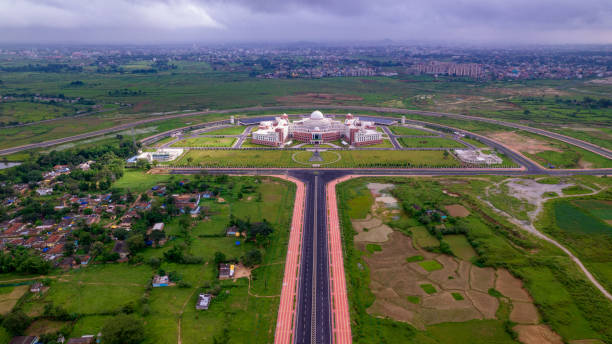
- Cultural programs: Traditional dance, music, and folk performances are an integral part of the celebrations. Jharkhand has a rich cultural heritage, with its tribal communities known for their distinctive music and dance forms, including Chhau, Sambalpuri, and Jhumar dances.
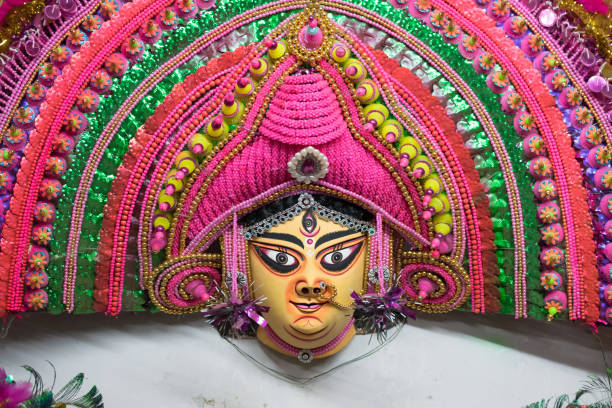
- Educational and social activities: Schools and colleges often organize discussions, exhibitions, and seminars focused on Jharkhand’s history, its people, and their contribution to the state’s identity. Various cultural organizations hold events that celebrate tribal art, handicrafts, and folklore.
- Reflection on the past and future: The day is also a moment for introspection and discussions on the challenges Jharkhand faces, such as issues related to tribal rights, land acquisition, education, healthcare, infrastructure development, and the overall upliftment of the marginalized sections of society.
Challenges and Progress
Since its formation, Jharkhand has made significant progress in areas such as industrial growth, mineral extraction (Jharkhand is rich in minerals like coal, iron ore, and copper), and infrastructure development. However, the state continues to face challenges related to tribal rights, poverty, education, and health. Despite its wealth in natural resources, much of Jharkhand’s population still lives in rural areas with limited access to basic services. The state has also struggled with internal conflicts related to Naxalism (Maoist insurgency), which has impacted its development.
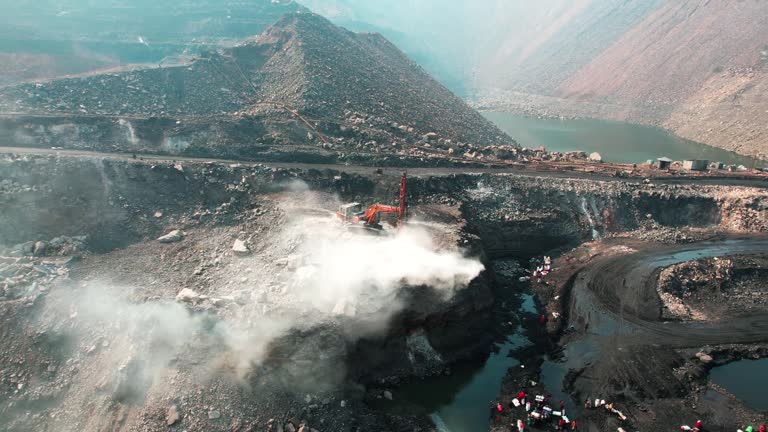
On Jharkhand Establishment Day, there is a renewed focus on addressing these challenges and charting a path towards sustainable and inclusive growth for the state’s diverse population.
Conclusion
Jharkhand Establishment Day is not just a celebration of the state’s formation but also an opportunity to honor the cultural heritage, struggles, and achievements of the people of Jharkhand. The day serves as a reminder of the sacrifices made by leaders like Birsa Munda and countless others who fought for a separate identity for the region. It is a time for the state to reflect on its past, take stock of its progress, and renew its commitment to the welfare of its people, particularly the indigenous communities who form the backbone of Jharkhand’s identity.

